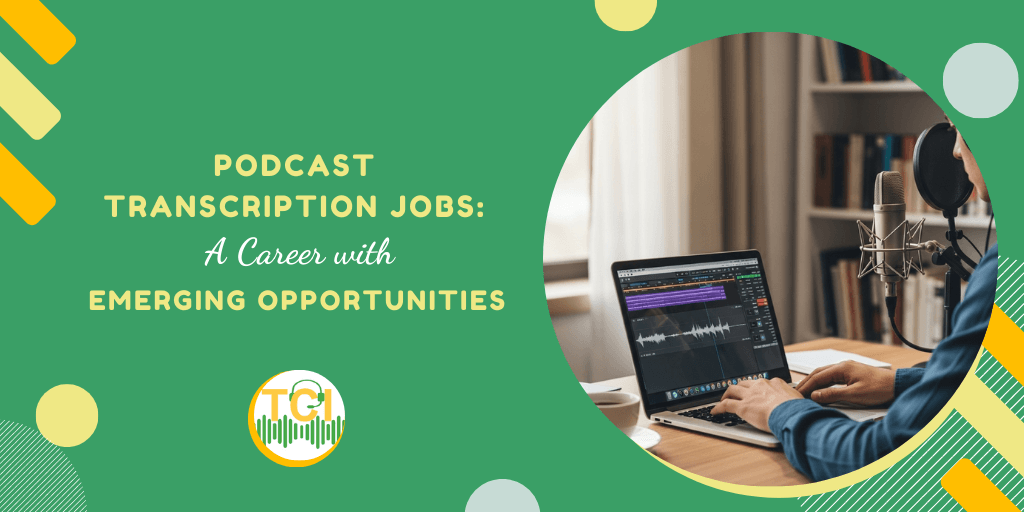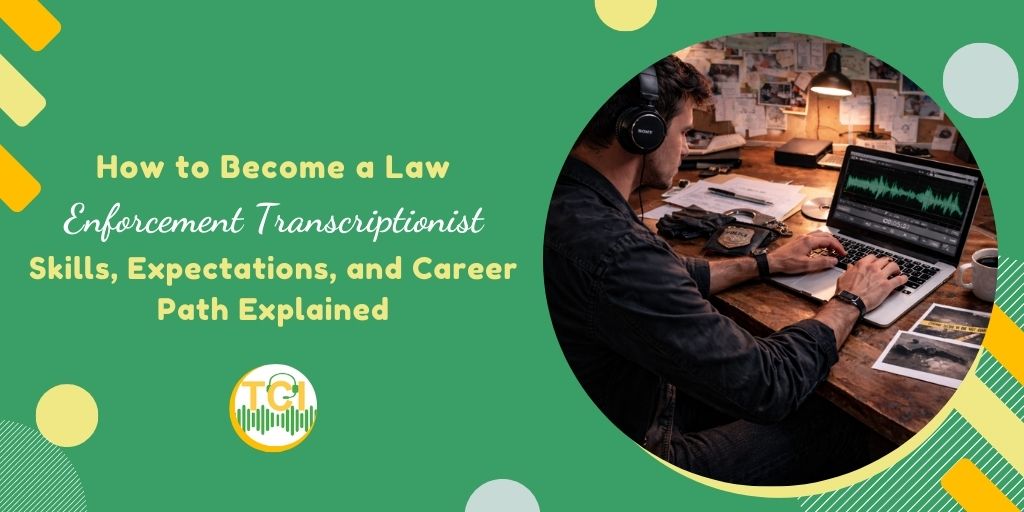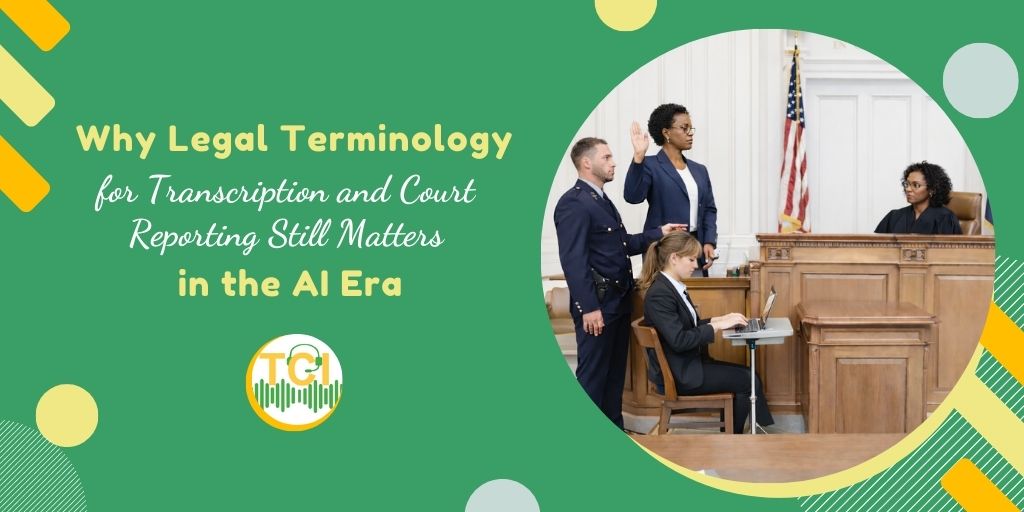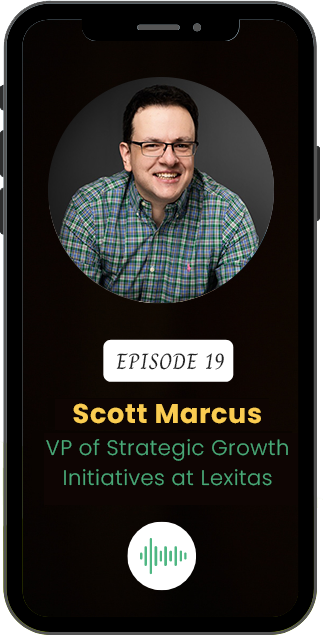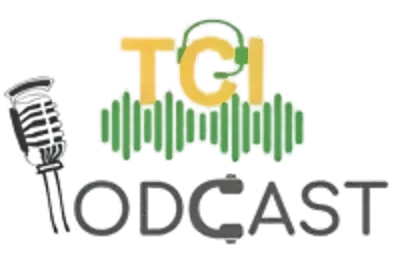 Blog Summary: The Rising Demand for Podcast Transcription Jobs
Blog Summary: The Rising Demand for Podcast Transcription Jobs
Podcasts are booming, and so is the need for accurate transcriptions. From improving accessibility to boosting visibility and creating fresh content, podcast transcription jobs are opening exciting new career opportunities. This blog explores why transcription matters, what the role involves, and how you can get started as a podcast transcriptionist.
Podcasts have become one of the fastest-growing forms of media. From business insights to true crime stories, millions of people tune in daily to listen and learn. With this growth comes a rising demand for podcast transcription jobs, a career path that blends flexibility, skill, and opportunity.
If you’ve ever thought about working as a podcast transcriptionist, now is the time to explore how this field can open new doors for you.
Why Podcast Transcription Matters
Transcribing podcasts is more than typing words into a document. It plays a critical role in helping podcasters reach wider audiences and grow their shows. Some of the biggest reasons transcription matters include:
Accessibility
Creating transcribed Podcasts for Deaf and Hard-of-Hearing audiences ensures that no one is excluded from the conversation. People who cannot listen to audio can still enjoy the content, follow discussions, and even share insights. Accessibility not only builds inclusivity but also helps podcasters comply with accessibility standards.
SEO and Visibility
Search engines can’t “listen” to audio, but they can read text. By providing written transcripts, podcasters give Google more content to index, which improves search rankings. A podcast episode with a transcript is more likely to be discovered by new listeners searching for specific topics online, ultimately increasing traffic and audience growth.
Content Repurposing
A single transcript can fuel multiple forms of content. Podcasters can easily repurpose their transcripts into detailed blog posts, engaging social media captions, or informative newsletters. This approach saves time on content creation while allowing podcasters to reach audiences across different platforms without starting from scratch.
What Does a Podcast Transcriptionist Do?
A podcast transcriptionist listens carefully to audio episodes and converts them into accurate, readable text. This involves:
- Paying attention to multiple speakers, accents, and background noises.
- Applying correct grammar and punctuation for clarity.
- Following specific formatting guidelines such as timestamps or speaker tags.
Clients range from independent creators to marketing firms that need podcast transcription services to publish transcripts consistently. Some transcriptionists even specialize in niche areas like medical or tech podcasts, where accuracy is especially valuable.
Also Read: Behind the Scenes: A Day in the Life of a Transcriptionist
Job Opportunities in Podcast Transcription
The boom in podcasting has created diverse ways to land transcribing podcasts jobs:
- Freelance Platforms: Sites like Upwork, Fiverr, and Rev list hundreds of opportunities to get started.
- Agencies: Specialized transcription companies hire professionals to handle large-scale podcast projects.
- Direct Clients: Pitching your services directly to podcasters can secure long-term contracts and steady work.
Most podcast transcription jobs are remote, giving you the flexibility to work from home or anywhere with Wi-Fi. For students, stay-at-home parents, or freelancers looking for additional income, it’s a career option worth considering.
Earnings and Growth Potential
One of the most common questions people ask is: How much can I earn as a podcast transcriptionist? The answer depends on your experience, speed, and the complexity of the content.
- Entry-level transcriptionists usually earn between $0.50 and $1.00 per audio minute.
- More experienced transcriptionists may make anywhere from $1.50 to $3.00 per audio minute, particularly for projects that involve complex audio or specialized topics.
- Some professionals expand their skills into editing, captioning, or even content writing for podcasts, which can increase their income further.
As podcasts continue to dominate media, the demand for high-quality transcription will only grow, making this a sustainable and future-proof career path.
Skills & Tools That Give You an Edge
To stand out in podcast transcription jobs, you’ll need a strong mix of technical skills and helpful tools:
- Transcription Software: Tools like Express Scribe, oTranscribe, and Descript help manage playback and formatting efficiently.
- Editing Tools: Grammarly or Hemingway Editor ensure your transcripts are polished and error-free.
- Specialization: Developing expertise in specific industries, like business, health, or law, makes you more valuable to clients.
While AI-based tools can create rough transcripts, human transcriptionists are essential for ensuring accuracy, especially when podcasts involve multiple speakers, complex terminology, or heavy accents.
How to Get Started in Podcast Transcription
Breaking into this career doesn’t have to be overwhelming. Here’s a roadmap to follow:
- Get Trained: Enroll in a professional transcription course, such as those offered by the TCI, to gain skills and credibility.
- Build a Portfolio: Start by offering free or discounted transcription for indie podcasters. This helps you gain real-world experience and work samples.
- Join Job Boards: Platforms like Scribie and TranscribeMe are beginner-friendly and provide steady practice opportunities.
- Keep Practicing: The more audio you transcribe, the better your speed, formatting, and proofreading skills become.
Challenges You Should Be Ready For
Like any career, podcast transcription has its challenges. You may encounter:
- Poor audio quality that requires patience and careful listening.
- Episodes with multiple speakers talking over each other.
- Specialized terminology in areas like medicine or law that need extra research.
Is Podcast Transcription Right for You?
Podcast transcription jobs are a great fit for people who:
- Enjoy learning new things from diverse podcast topics.
- Have strong attention to detail and patience for editing.
- Want flexible work that can fit around other commitments.
Ready to Start Your Podcast Transcription Career?
Podcast transcription isn’t just a side hustle anymore. With the right skills and tools, you can turn transcribing podcasts jobs into a rewarding career. Whether you start on freelance platforms, work with agencies, or build your own client list, the opportunities are expanding every year.
If you’re ready to take the first step, consider enrolling with us at the Transcription Certification Institute. Our programs provide training, resources, and certification to help you succeed as a transcriptionist.
Enroll Now
 Blog Summary: The Rising Demand for Podcast Transcription Jobs
Blog Summary: The Rising Demand for Podcast Transcription Jobs
